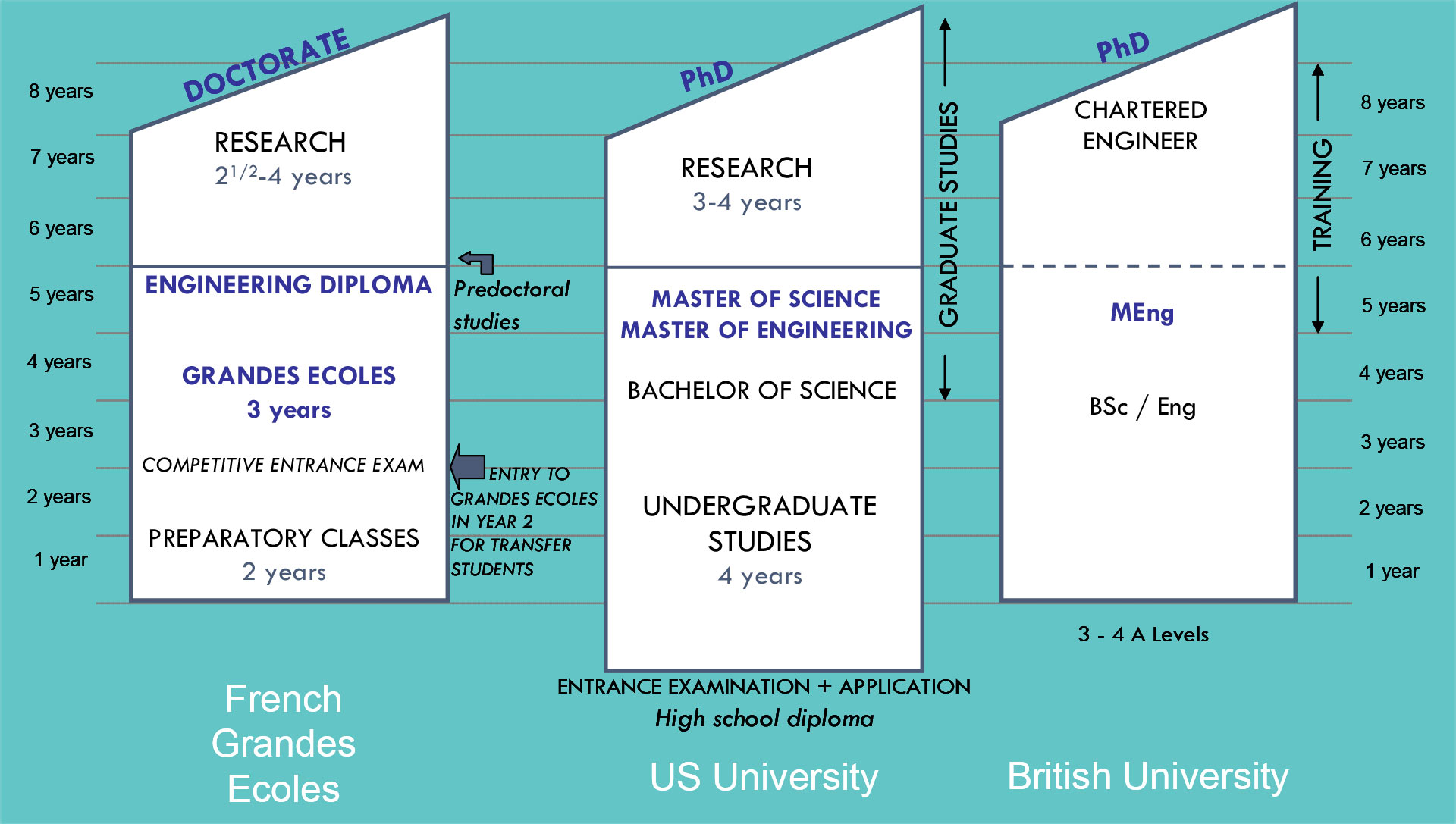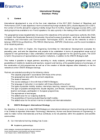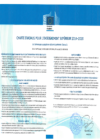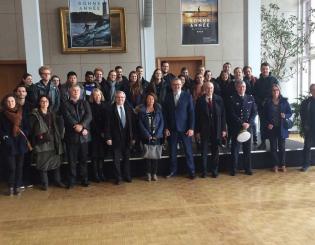
Orientation

Cellule AcOr: a key player in orientation services
Every new student attends an interview with Cellule AcOr.
This meeting is a pivotal moment for students who have not yet taken time to reflect on their professional qualifications or their career path.
Got questions? Need your resume or cover letter proofread?
Cellule AcOr is here for you: contact us to make an appointment.
Cellule AcOr: on the move with you
We establish and maintain contact with exchange students.
Answer questionnaires while on exchange
During your exchange, we will send you questionnaires which provide us with feedback on your arrival, integration, housing and transport budget, schedule and academics.
Our questionnaires aim to:
- alert us to any problems and allow us to make the necessary decisions
- draw up a panorama for each establishment
- provide valuable information to future students wishing to do an exchange
At the end of your exchange, all the information required for your return to school will be communicated to you in a timely fashion (choice of credits for the coming year, school calendar, etc.).
Cellule AcOr is here to help!
Lire aussi
Counseling

Personal counseling
Students are constantly being challenged by new situations which can sometimes cause difficulties. Cellule AcOr can intervene to help you resolve your problems, whether family-related, financial or personal. We help find solutions that enable you to regain motivation and access the resources needed to pursue your studies in the best possible circumstances.
Academic counseling
Cellule AcOr monitors students’ individual academic performance, with a particular focus on the periods before and after end-of-semester academic jury results. Juries determine which subjects students have passed and those for which they will need to retake certain exams in the 2nd examination period. A jury may decide that a student must repeat a year. The unit is proposing to set up tutorials between students to help them better prepare for the 2nd term exams.
Individual interviews are scheduled to better understand the causes of academic difficulties and to try to find solutions, such as new study methods.
Career path counseling
Cellule AcOr schedules an individual interview with each new student. During this interview, the possible courses of study at the Ensta Campus in Brest (different specialities on offer) were discussed, as well as the different possibilities for personalising your course : gap years, substitutions, double degrees, etc.
Throughout their academic career, students are also supported by teaching staff through activities such as:
- Human and Social Science classes to improve self-knowledge and interpersonal skills
- writing and updating resumes and cover letters
- meetings with alumni who contribute a wealth of knowledge about careers, projects and the world of business
- interview role-plays to allow students to rate and improve their performance
contact
contact
Lire aussi
ERASMUS+
The Erasmus+ Charter and international strategy
ENSTA Bretagne has undertaken to respect the fundamental principles of the Erasmus+ Charter, stipulated in its international strategy.
Who is Erasmus+ for?
- Students enrolled at ENSTA Bretagne who wish to do a 3 to 12 month academic exchange in a European partner university;
- Students enrolled at ENSTA Bretagne doing a 2 to 12 month internship in a European country ;
- ENSTA Bretagne teaching staff, for teaching or training purposes of 2 years to 2 months, with a minimum of 8 hours of teaching per week for educational activities ;
- The administrative staff of ENSTA Bretagne for training purposes, for 2 days to 2 months maximum.
Institutional agreements
The institutional agreements enable study and teaching mobility between European higher education establishments. ENSTA Bretagne has more than 30 agreements in 10 different European countries.
ENSTA Bretagne has several bilateral agreements with universities situated in Europe.
Discover the list of our European partners
What are the selection criteria for the Erasmus+ program
What are the formalities?
How much is an Erasmus+ grant?
| Contry Group | Host Country | Monthly Rate for studies (2019/2020) | Monthly rate for Internship (2019/2020) |
|---|---|---|---|
| G1 | Denmark, Finland, Ireland, Iceland, Lichtenstein, Luxemburg, Norway, Sweden, the United Kingdom | 270 € - 370 € | 420 € - 520 € |
| G2 | Germany, Austria, Belgium, Cyprus, Spain, France, Greece, Italy, Malta, the Netherlands, Portugal | 220 € - 320 € | 370 € - 470 € |
| G3 | Republic of North Macedonia, Bulgaria, Croatia, Estonia, Hungary, Latvia, Lithuania, Poland, Czech Republic, Romania, Slovakia, Slovenia, Turkey, Serbia | 170 € - 270 € | 320 € - 420 € |
For teachers and staff, please consult the International hub.
Recognition of credits
In the case of mobility for studies, the student must obtain 30 ECTS credits to validate the semester and 60 ECTS credits to validate the year.
In the case of mobility for an internship, the student must obtain 6 ECTS credits for the second year internship and 30 ECTS credits for the Final Year Project (PFE) if the report is submitted on time and the viva voce is a success.
Mobility for people with disabilities
People with disabilities can obtain a special Erasmus+ grant, in addition to their mobility grant. This can cover the extra costs involved in a stay in Europe (up to 100% of the actual costs incurred).
Do not hesitate to contact the school’s Disabilities Officer, Ms Sylvie Guidal, or the Erasmus+ Coordinator directly for more information on the procedure.

Jointly financed by the Erasmus Program and the European Union
contact
Understanding our education system: the “Grandes Ecoles”
Grande Ecole graduates enjoy a status similar to that of Oxbridge graduates in the UK and Ivy League graduates in the United States. They are naturally highly sought after by numerous major companies worldwide. There are about 250 different engineering schools in France. The most prestigious are certified by CTI (Commission des titres d’ingénieur), the accreditation body for French higher education institutions offering engineering training.
Understanding the French Grandes Ecoles education system: equivalency chart













